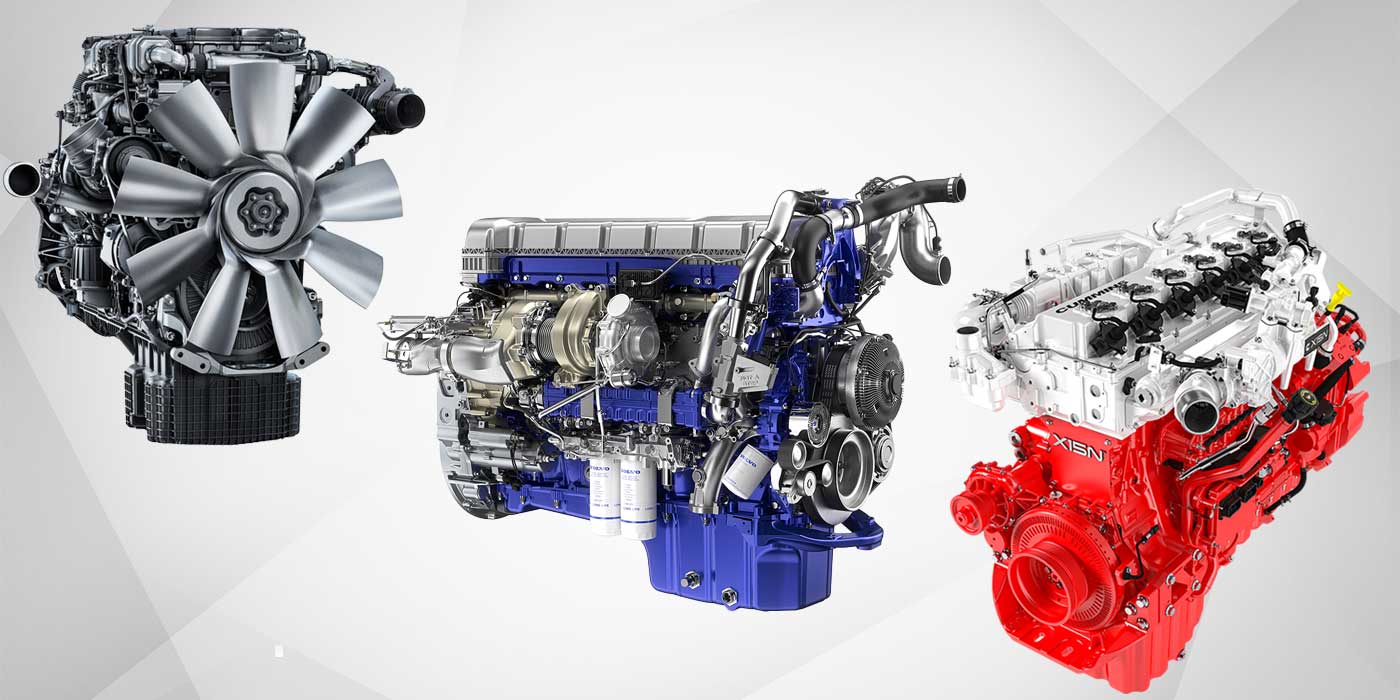A Total Overview to Picking the Right Engine for Your Task
Choosing the appropriate engine for your job is a crucial choice that can significantly affect its overall success. It is necessary to diligently define your job requires, evaluate performance requirements, and consider user-friendliness together with various other necessary elements. Furthermore, comprehending the community support readily available and inspecting expense implications can further fine-tune your choice. Each of these elements plays a pivotal duty in making sure that your picked engine not only satisfies instant purposes but also aligns with long-term ambitions. As we explore these considerations, you might find that the nuances of each facet reveal greater than originally prepared for.
Specify Your Project Demands
Specifying your task requires is a vital action in choosing the ideal engine for successful application. A thorough understanding of your project's purposes will direct you in recognizing the abilities and functions called for from an engine. Begin by outlining the scope of your job, consisting of the desired functionality, target market, and the particular outcomes you aim to attain.
Next, consider the technological needs that line up with your task goals. This includes evaluating the compatibility of the engine with existing systems, in addition to the shows languages and structures that will be used. In addition, analyze the level of scalability required to fit future development or modifications in demand.
Spending plan restraints also play a vital duty in defining your project requires. Establish a clear financial structure to assist your decision-making procedure, making sure that the engine selected fits within your budget plan while providing the required functionality.
Evaluate Efficiency Requirements

Engines that sustain straight scaling are usually more suitable for larger applications. Additionally, assess the engine's performance under different problems, such as peak use circumstances, to ensure it meets your dependability criteria.
Consider Simplicity of Usage
While technical requirements are important, the ease of use of an engine can substantially affect the advancement process and total project success. An intuitive user interface, clear paperwork, and structured workflows can dramatically minimize the knowing curve for programmers, allowing them to concentrate on creativity and analytic instead of grappling with facility devices.
When assessing an engine's ease of use, consider the onboarding experience. A well-structured introduction, complete with tutorials and example jobs, can help with a smoother transition for brand-new individuals. In addition, the clearness and comprehensiveness of the engine's documentation play a crucial duty; detailed guides and API recommendations can equip developers to fix and implement attributes efficiently.
An engine that permits for very easy modifications can be much more easy to use, as programmers can customize it to fit their details requirements without considerable hassle. Ultimately, choosing an engine that prioritizes ease of use can lead to a more enjoyable and productive development experience.
Assess Community and Assistance
The toughness of an engine's area and assistance network can substantially affect a programmer's experience and success. A lively neighborhood typically suggests a wealth of shared expertise, sources, and fixing help that can improve your project's development procedure. When analyzing an engine, think about the size and activity degree of its neighborhood. Larger neighborhoods commonly use much more discussion forums, tutorials, and third-party plugins, enabling programmers to discover remedies more efficiently.
In addition, examine the availability of official support channels. Reliable documents, responsive consumer support, and normal updates are important for addressing technical concerns and keeping your task on track. Engines For Africa. Energetic communities additionally foster partnership, providing chances for networking and responses, which can be vital, especially for small teams or independent developers
In addition, investigate the existence of community-run occasions, such as meetups or hackathons. These events can improve your understanding of the engine while connecting you with skilled individuals and possible collaborators. In summary, a durable community and support group not only enhance growth but also produce a setting helpful to learning and development, eventually improving the chance of your task's success.
Compare Cost and Licensing Options
Budget plan considerations play a critical role in selecting the best engine for your task, as the price and licensing alternatives can significantly impact both short-term expenses and long-term viability. Engines For Africa. Different engines offer differing rates frameworks, which can consist of one-time purchase fees, subscription versions, or revenue-sharing arrangements based upon your job's profits

Accrediting alternatives additionally differ dramatically. Some engines are open-source, using adaptability and community-driven support, while others check it out might call for exclusive licenses that restrict use and circulation. Comprehending the implications of each licensing model is vital, as it affects ownership rights, future scalability, and potential lawful obligations.
Verdict
To conclude, picking the proper engine for a job requires a thorough evaluation of specified job needs, performance needs, simplicity of use, community assistance, and expense considerations. By systematically addressing these essential variables, decision-makers can make certain positioning with both current and future project needs. A knowledgeable choice inevitably boosts the possibility of project success, allowing efficient source appropriation and taking full advantage of potential end results within the defined here are the findings monetary constraints.
Choosing the ideal engine for your job is a vital choice that can considerably influence its overall success.Defining your task needs is a vital action in selecting the proper engine for successful application. A thorough understanding of your project's purposes will certainly guide you in determining the capabilities and functions needed from an engine.As soon as you have a clear understanding of your project needs, the next step is to examine the efficiency needs of the engine.In conclusion, picking the appropriate engine for a job requires a thorough examination of specified project needs, performance demands, simplicity of usage, area support, and cost considerations.